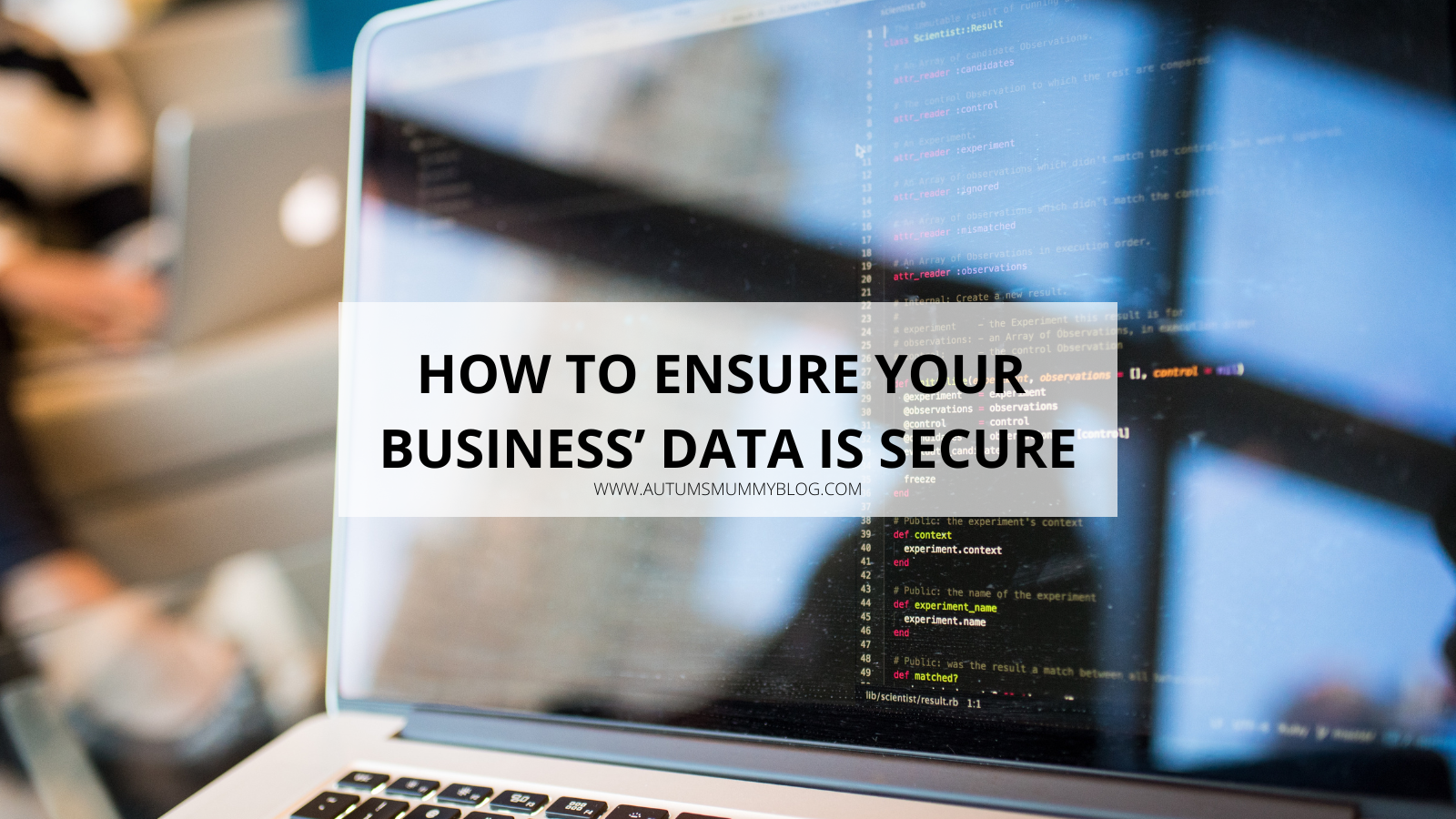Collaborative Post¦ In the digital age, businesses must ensure that their data is always safe and secure. With hackers becoming increasingly sophisticated, companies must take steps to protect their information from malicious actors. This blog post will discuss seven ways businesses can ensure their data is secure and safe.
1) Implement A Security Awareness Program
This program should be designed to promote data security awareness amongst employees, vendors, and other third parties. The program should include topics such as identifying phishing emails, using strong passwords, using two-factor authentication, etc. Additionally, periodic training sessions should be held to remind personnel of the importance of data security.
2) Use Encryption Tools
Investing in encryption tools can help protect sensitive data from being accessed by unauthorized individuals or organizations. Encryption tools can also be used to store backups of confidential files on cloud storage services or external hard drives. Businesses need to be aware of the latest encryption tools available to protect their sensitive data from potential attackers.
3) Utilize Firewalls
Firewalls are essential for protecting networks from malicious attacks by blocking incoming connections that could enable access to confidential files or systems. Businesses should ensure they have an up-to-date firewall in place to maximize their protection against cyber threats. Additionally, businesses should set up intrusion detection systems which alert them if any suspicious activity is detected within their networks.
4) Get A Data Centre UPS
A data centre Uninterruptible Power Supply (UPS) is essential to any business’s data security strategy. This device provides a backup power source in the event of a power outage, which can help prevent losses due to system failures or other issues caused by outages. Additionally, a data centre ups can also protect against threats such as power surges or spikes, which could damage sensitive equipment.
5) Limit Access To Systems And Data
Limiting access to confidential systems and data helps prevent any unauthorized individuals from accessing sensitive information without permission. Access permissions should be granted on a need-to-know basis only, and it’s essential that businesses periodically review who has access rights so they can revoke them if necessary (e.g., when an employee leaves the company).
6) Monitor Network Activity
Monitoring network activity helps identify any unusual behaviour or suspicious activities within a system that could indicate a security breach or malware infection. Companies should use monitoring software or services to detect any anomalies quickly before damage occurs. Additionally, companies should regularly scan all computers connected to the network to identify potential threats.
7) Do Regular Backups
Regular backups of sensitive data should be done to ensure that if malicious actors do gain access, the data can be restored from a secure backup. This helps protect businesses from permanent data loss in the event of an attack. Additionally, backups should be stored on external or cloud storage to be accessible even if a computer is compromised.
Data security is essential for businesses of any size. Keeping up with the latest tools and technologies available to protect data can go a long way in ensuring a company’s security. By implementing the above measures, companies can ensure that their confidential data is protected from malicious actors.
Disclosure: This is a collaborative post.
